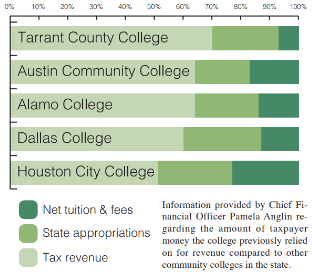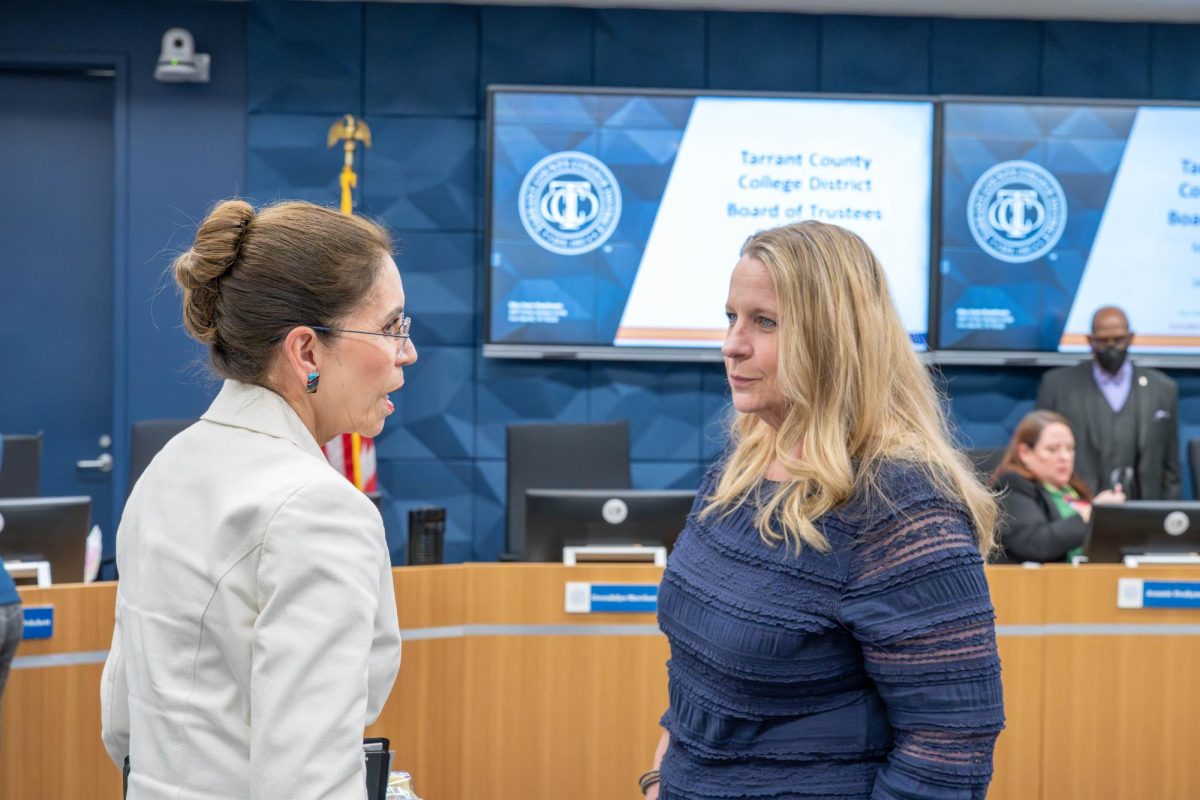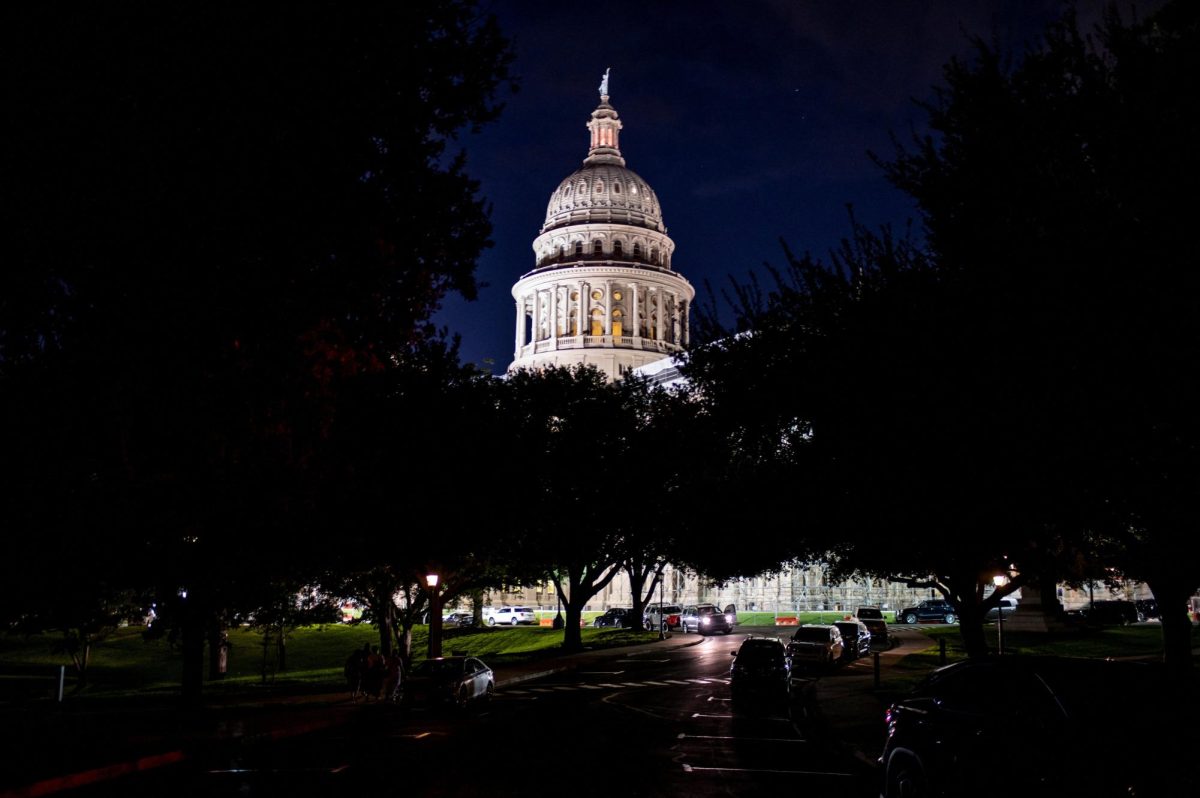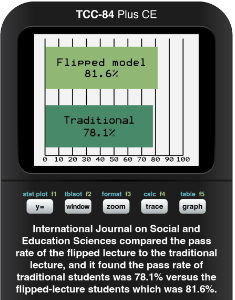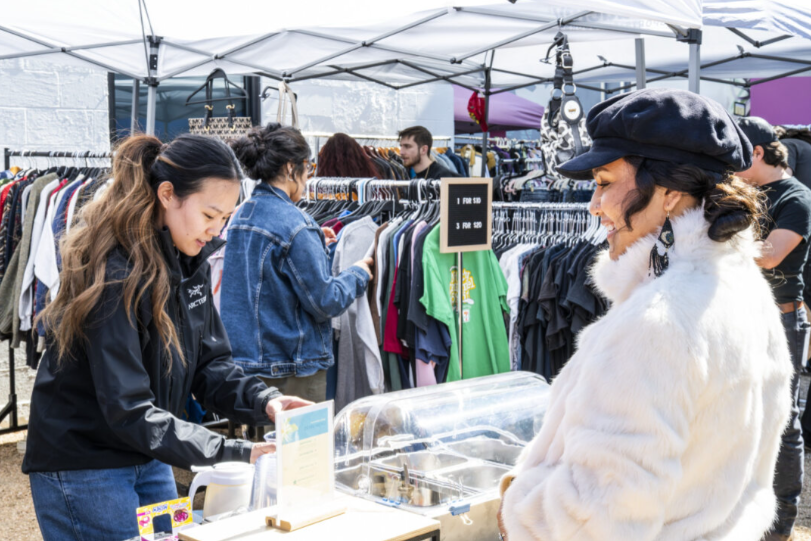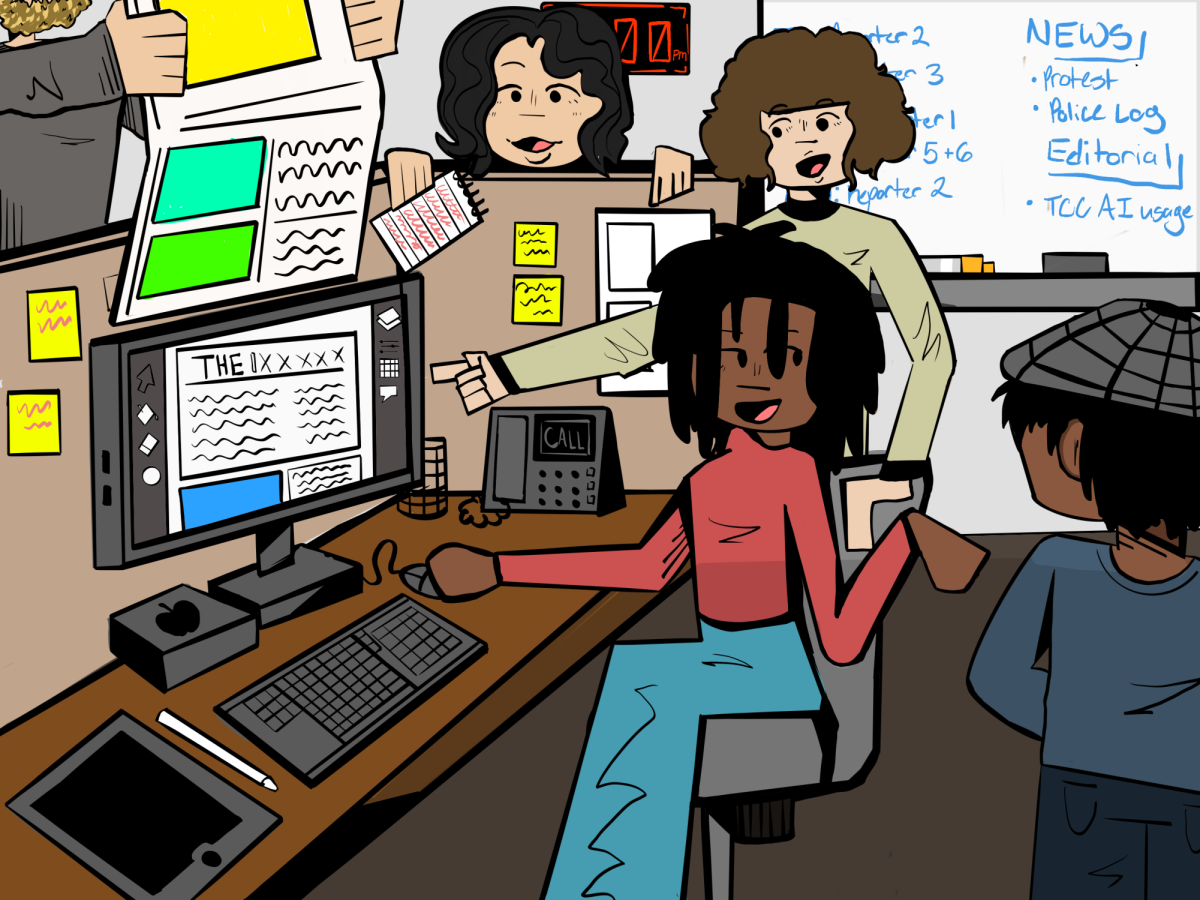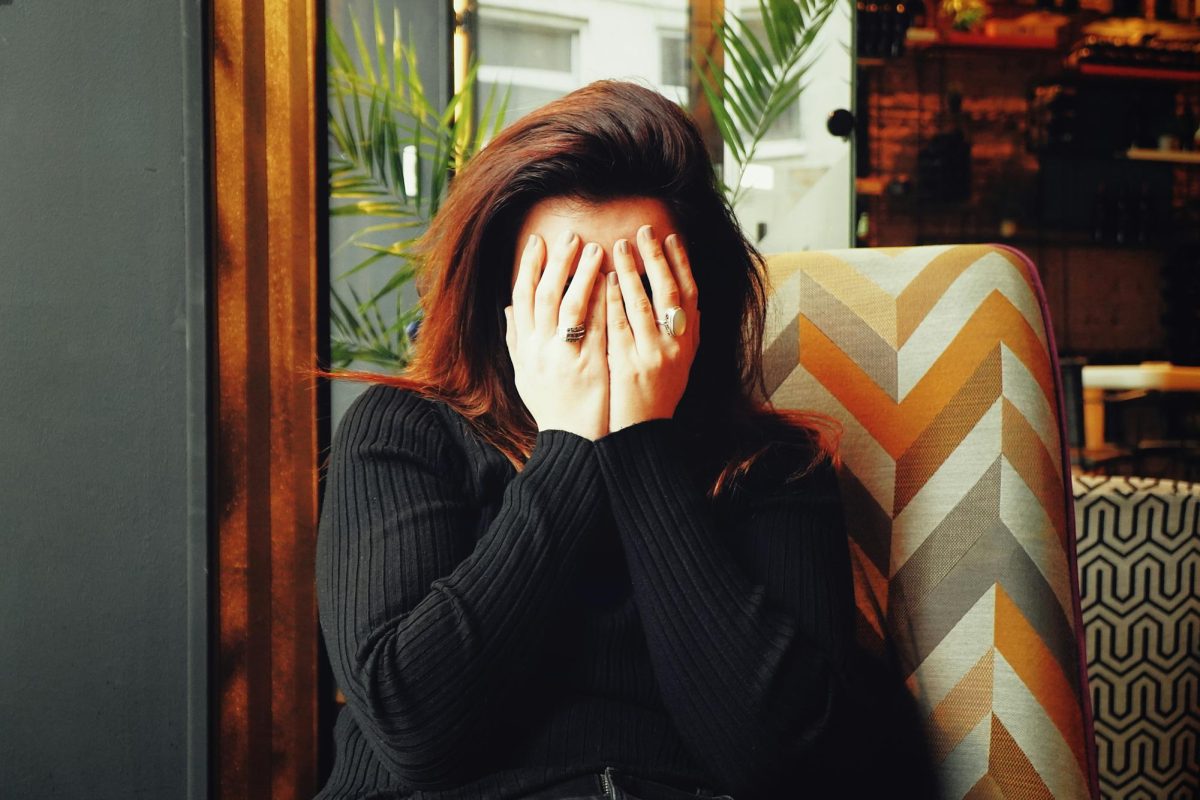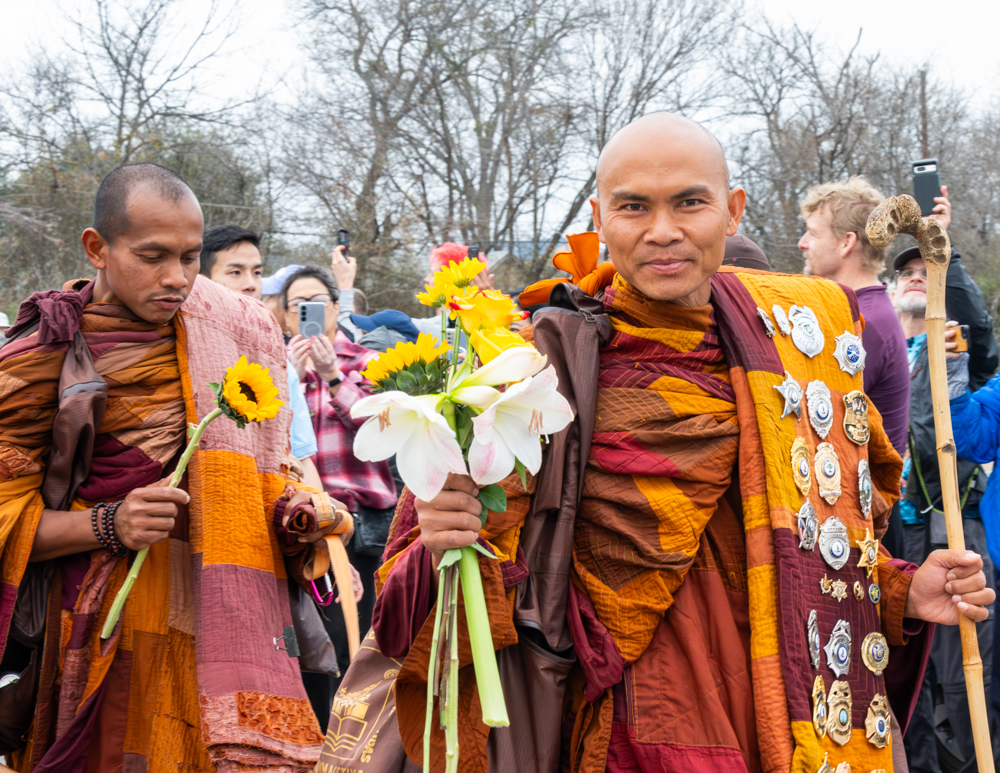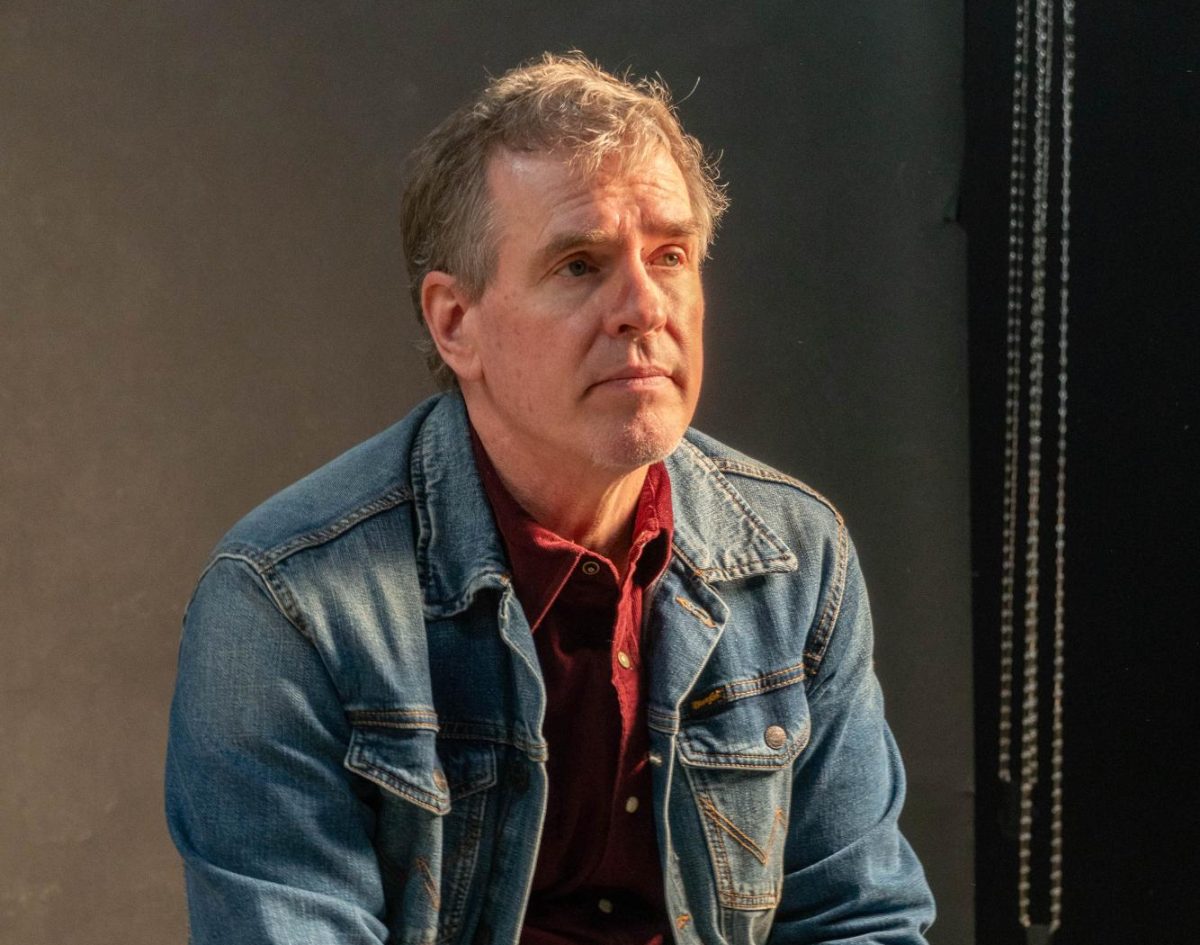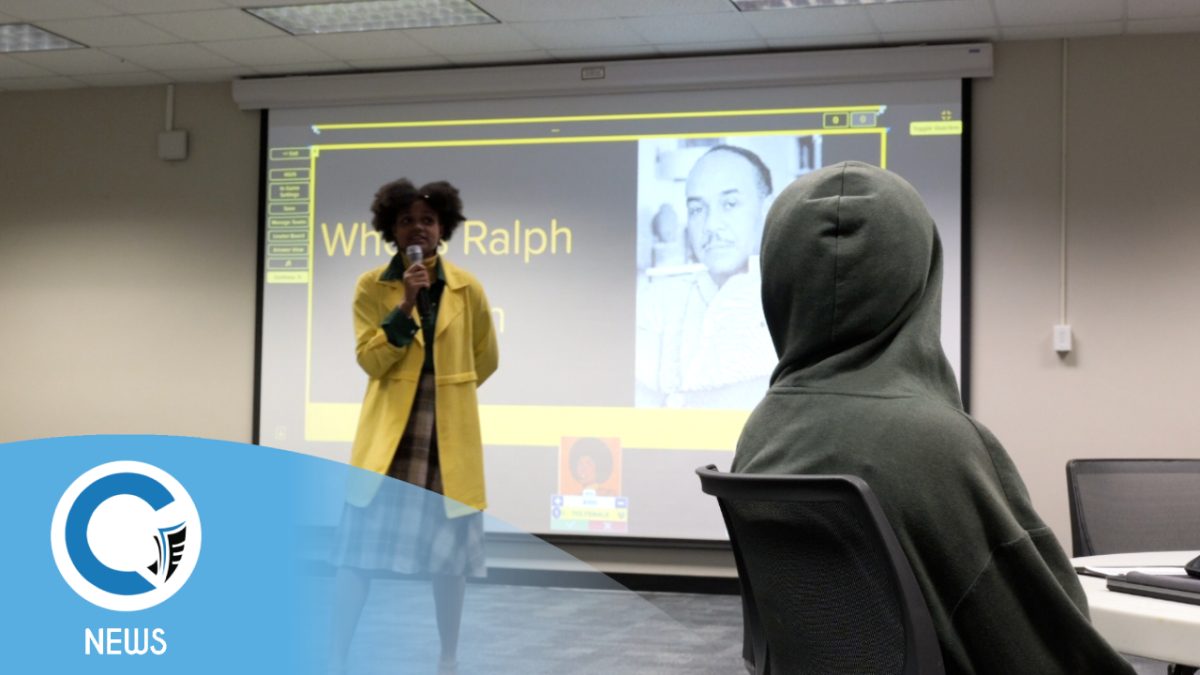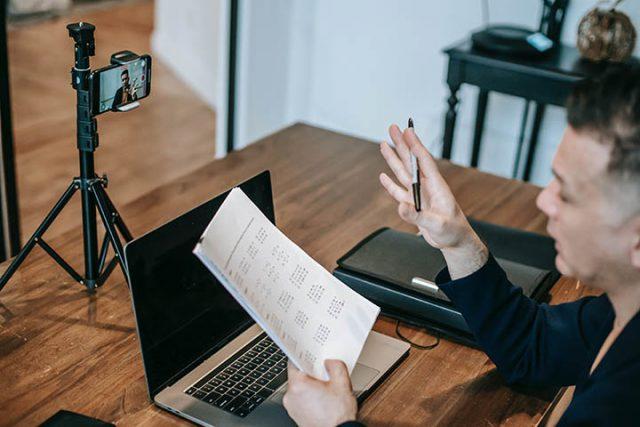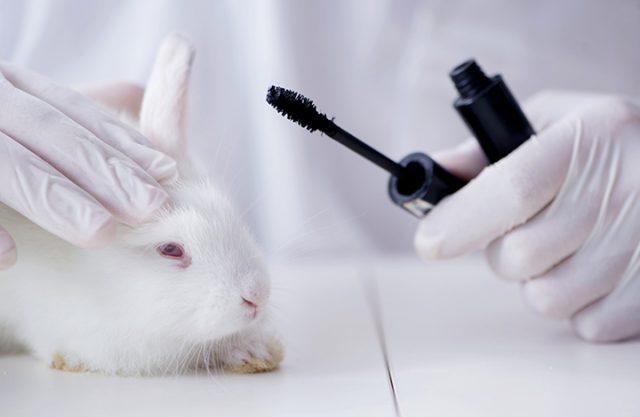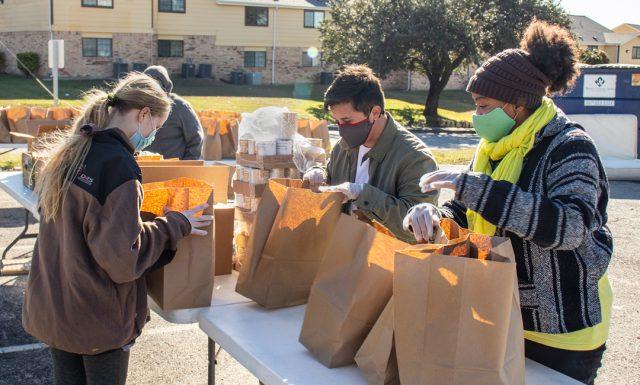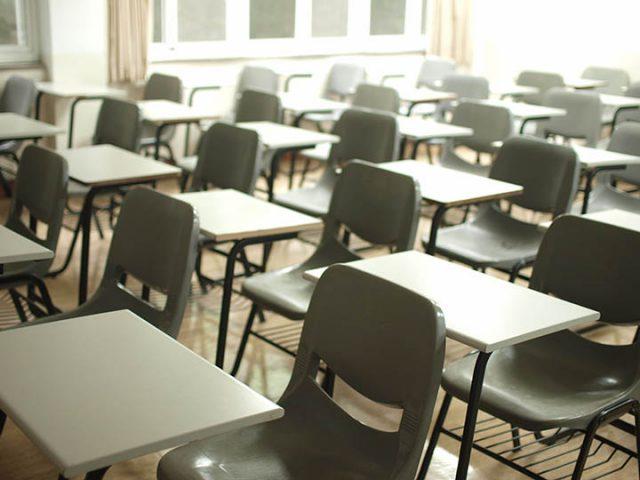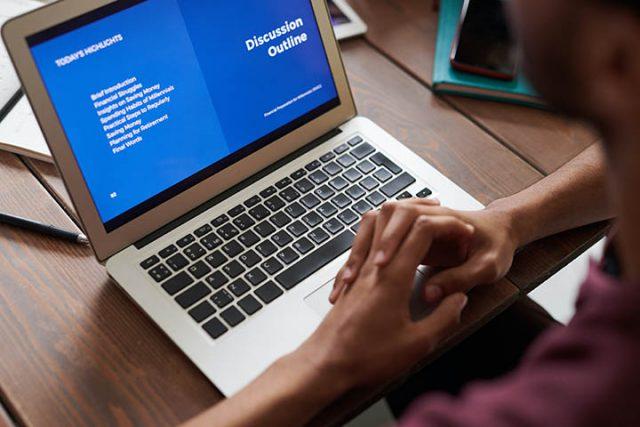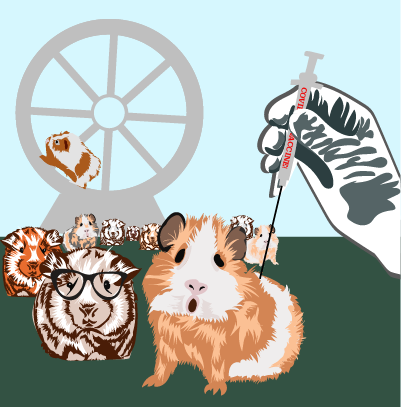
Will this vaccine be enough and if it is, will people take it?
As the country gets closer to the potential nationwide release of the COVID-19 vaccine, the question at hand is whether or not it will be enough to mend all of the caused damage and propel us forward.
Many medical advances have developed rap- idly to ensure that the most vulnerable population of immunocompromised people will have access to a vaccination. Social media outlets have had people voicing their concerns about the potential negative effects the vaccination could have.
In a recent press event, president-elect Joe Biden was asked about whether or not there would be a mask/vaccine mandate in the near future. Biden replied saying that he won’t force either of them into practice. The quick nature of develop- ments is the stem of the public’s skepticism.
A distribution of the vaccine will pose problems right off the bat with those who will refuse to take it, even after successful trials of the vaccine. It is when people don’t cooperate and conform to science that the vaccine will be unsuccessful.
In a New York Times article over the distinction between those with natural immunity and the vaccine, immunologist Jennifer Gommerman said it’s hard to predict the immune responses to the vaccine, but it has been modified for a predictable outcome.
Gommerman mentioned how much immunity responses vary within each person, but location and where the highest influx of cases are currently occurring greatly impacts the resources available to effectively combat the virus.
Though the amount of exposure you receive can greatly vary, all vaccines administered contain the same dosage.
For those who previously had COVID-19, getting vaccinated can still boost your immune system and won’t cause harm.
People that consider themselves low risk because they’re young and healthy may be won- dering what’s the point of getting vaccinated? Immunologist Marion Pepper says that natural infection poses a greater risk overall and takes more of a toll on your body.
People with preexisting conditions are suscep- tible to having severe symptoms while sick. Older people have been more at risk for getting the virus but also for dying from it. Some who are sick get little to no symptoms while others get every single one. t’s an unpredictable virus which is what makes it so dangerous. It’s difficult to determine how fatal it can be.
Pediatric professor at Stanford Yvonne Maldonado said that most people that get coronavirus won’t be in the hospital or in an intensive care unit while they are sick.
Although you may not die from contracting this infection, a family member you love could. Not being high risk isn’t an excuse to jeopardize the well being of others. As for now, since the vaccination isn’t released to the public, when leaving home make sure to wear a mask and disinfect objects that have come into contact with other individuals.
Without the public taking proper precautions, the vaccination will not impact needed for a substantial change.


